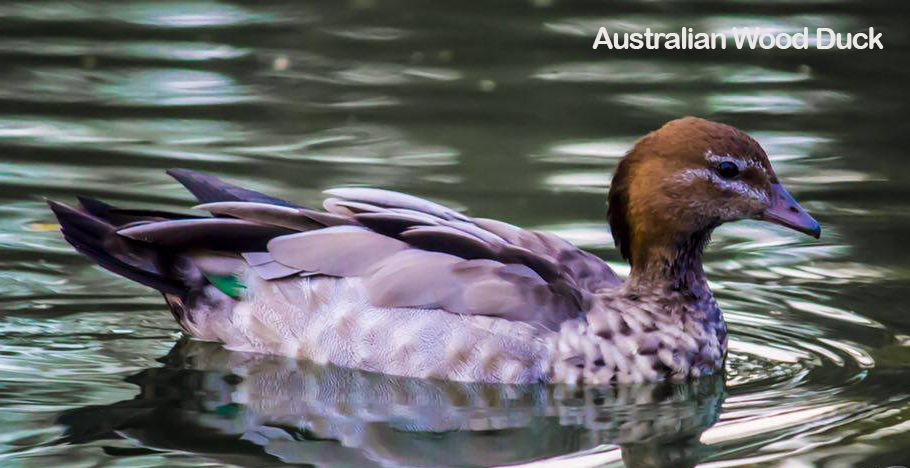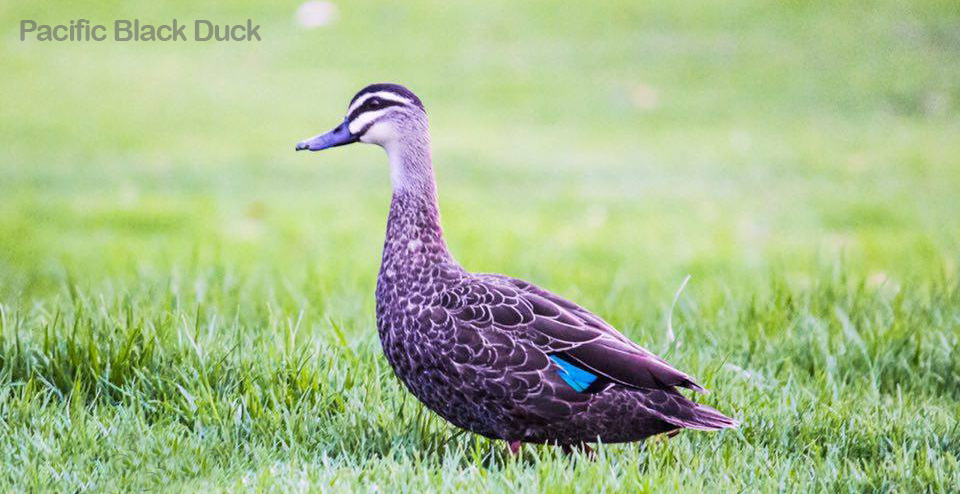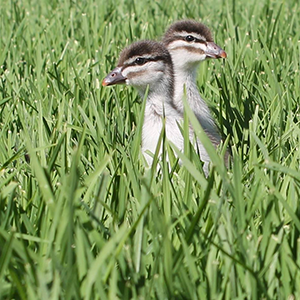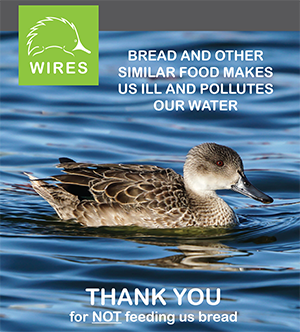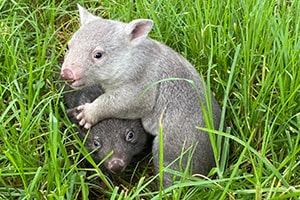Ducks and Ducklings
All native duck species are protected and the most common native species found throughout NSW are the Pacific Black Duck and the Australian Wood Duck.
WIRES receives many calls about ducks and ducklings, particularly in spring parents begin raising their young.
Ducks often lay their eggs to hatch on the ground and their chicks will stay on the ground until they learn to fly. Until chicks can fly their parents will walk them where they need to go.
Below are some common circumstances involving ducks and advice on what you can do if you are confronted with this scenario.
Crossing Roads
If you see ducks crossing the road, please stop and let them pass. If it is safe to do so, you can help ducks to cross a road by slowly walking behind them and informing other drivers of their whereabouts. Be calm and patient when walking near them. It is important the family stay together, don’t risk scaring the parent as they might fly away. Do not risk your own safety at any stage.
Sharing Yards
Ducks will often choose residential yards to raise their ducklings, as they are seeking a safe, protected area away from predators. If possible it is always best to leave ducks undisturbed as approaching them too closely or chasing them to try and contain them can separate young from their families and reduce their risk of survival. Duck families will always move out of a yard if given some time. In a few weeks when the ducklings are less vulnerable the parent will guide them to a local pond or lake. If appropriate you may be able to leave a side gate open to allow easier access out of your yard.
Pools
Pools can also be dangerous for ducklings as they can become waterlogged and drown in water if they have no way to escape. If you are not using your pool you can cover it with a pool cover for the short time the ducklings are in your yard. If it needs to stay uncovered, providing a ramp enables ducklings to easily leave the water. Drinking pool water can cause health issues due to the chemical additives. Please provide a fresh water source in a shallow bowl. Keep in mind that the duck family will move on as soon as the chicks are old enough.
High-Rise Buildings
With less safe habitat available and many new residential high rise buildings having gardens or vegetation on the roof, some ducks are choosing these locations as safe places to nest. They plan to jump down to lead their new family to water when the chicks are ready, however with high-rise buildings it is almost impossible to do this safely. Also, particularly in inner city areas, there is likely to be no safe passage to water for the family and lots of busy roads. Sometimes when jumping down ducks will end up on people's balconies. If ducks with ducklings are found on the roof or balconies of high-rise buildings they need to be rescued and moved to a safe location.
Orphaned Ducklings
It is always best to reunite ducklings with their families wherever possible. If you find a duckling completely alone, please place them in a ventilated cardboard box, ideally with a towel at the bottom. Place the box in a warm, dark, quiet area while you transport them to the nearest vet or wait for a rescuer to arrive. Please do not hold the duckling and keep the duckling away from all people and pets. Native species see humans as predators and ducklings can die if subjected to excessive stress.
Ducklings do not need to be in water when they are young and they can die if they get too cold and wet. If you are making drinking water available provide it in a small lid.
Feeding Ducks
The natural diet of our native ducks includes vegetation, seeds of aquatic plants and aquatic insects. Unfortunately many people feed ducks bread without knowing it can be very harmful. Bread and other similar foods can make ducks ill and it pollutes their water.
Newsletter
Stay in touch with our regular rescue stories and WIRES updates.

